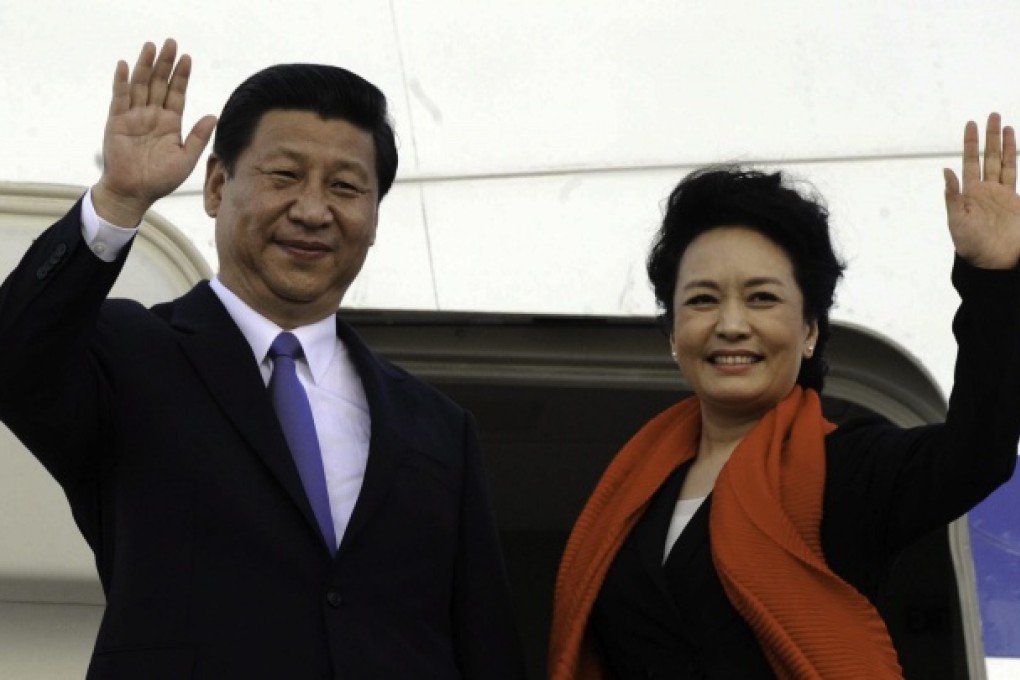China deserves more credit for its positive global contributions
Jonathan Power says nation has been an easy target for Western snipers

China is a sitting duck. Not so long ago, as far as most of the rest of the world was concerned, it was almost a closed, mysterious, society. Now it is wide open. The bad is there for all to see. And this has allowed an open season on the shooting range. The targets are legion - corruption, nepotism, nationalism, maladministration, growing inequality, environmental degradation, overassertive foreign policy and the military build-up.
Western critics enjoy popping off at them. Much of what they say is true, but much is exaggerated and much of the positive is ignored.
It is firmly committed to opposing the enlargement of the nuclear weapons club
China's attitude to global governance - the collective management of common problems at the international level - is a good place to start. In the time of Mao Zedong, excluded from the UN by the US veto, it had nothing to lose by playing the wild card.
After Richard Nixon's opening to China, including its admission to the UN in 1971, China moved from opponent of global governance to playing a passive position while it learned the rules of the road. Since 2000, it has been more of an activist, confident and outspoken.
Global finance is a good example. In 2009, China began to push for a major reform of the international monetary system and suggested that the US dollar be phased out as the world's principal reserve currency in favour of a basket of currencies including its own - perhaps a sensible idea. Meanwhile, it won approval for an increase in its voting rights in the International Monetary Fund. In its role as a responsible influence on international financial affairs, it won the appointment of a Chinese as the World Bank's chief economist and another as deputy head of the IMF.
Over the past 30 years, China has signed up as a member of most inter-governmental organisations and hundreds of the big NGOs. China has become a "socialised" member of the international community. It is a signatory of more than 300 multilateral treaties with a reputation for its diplomats' knowledge and sophistication.